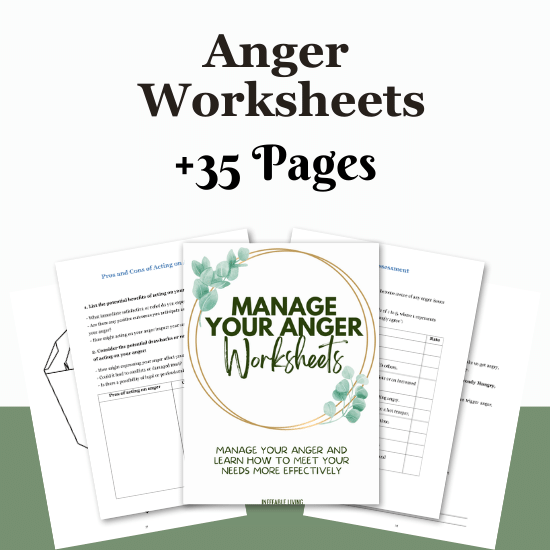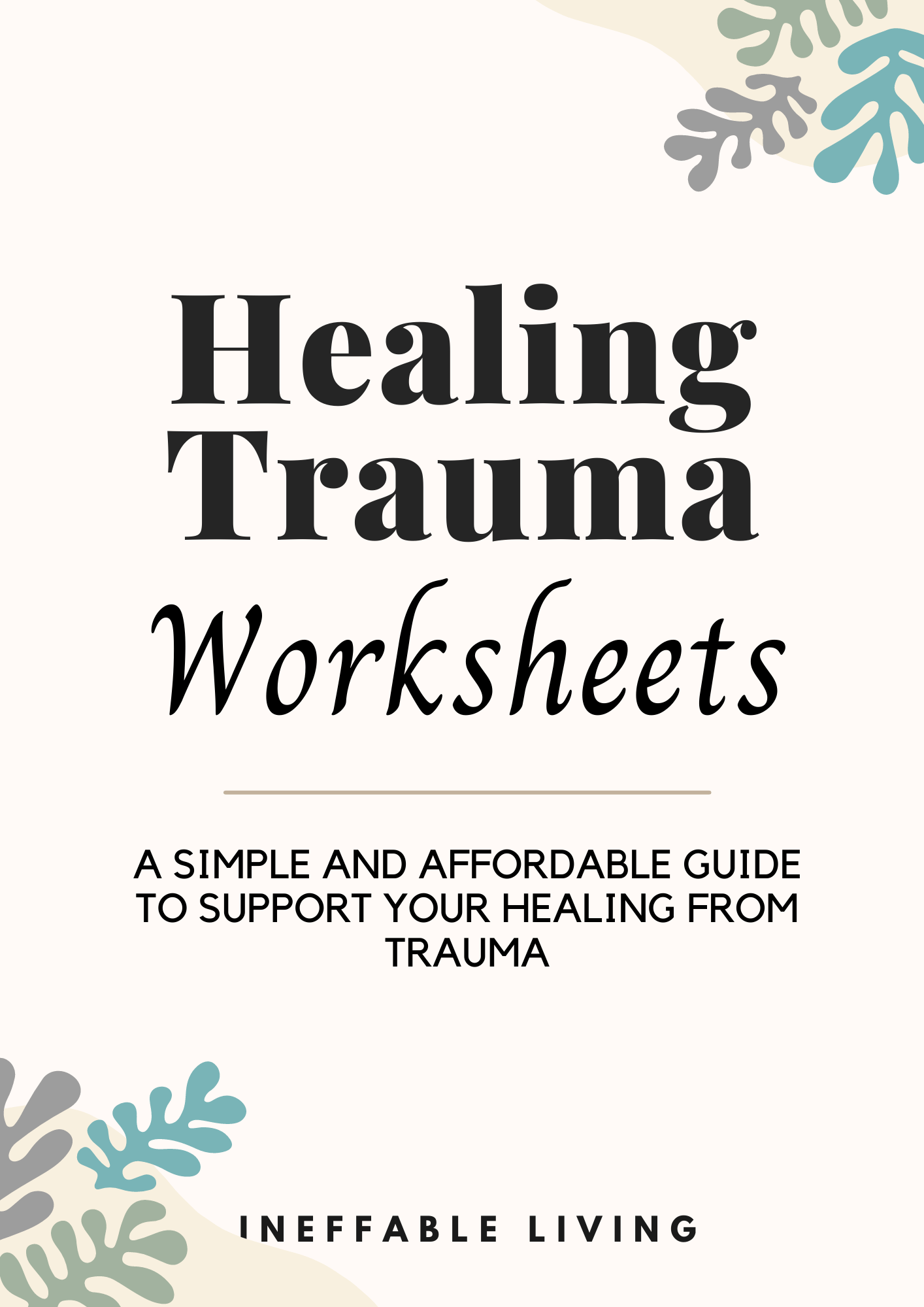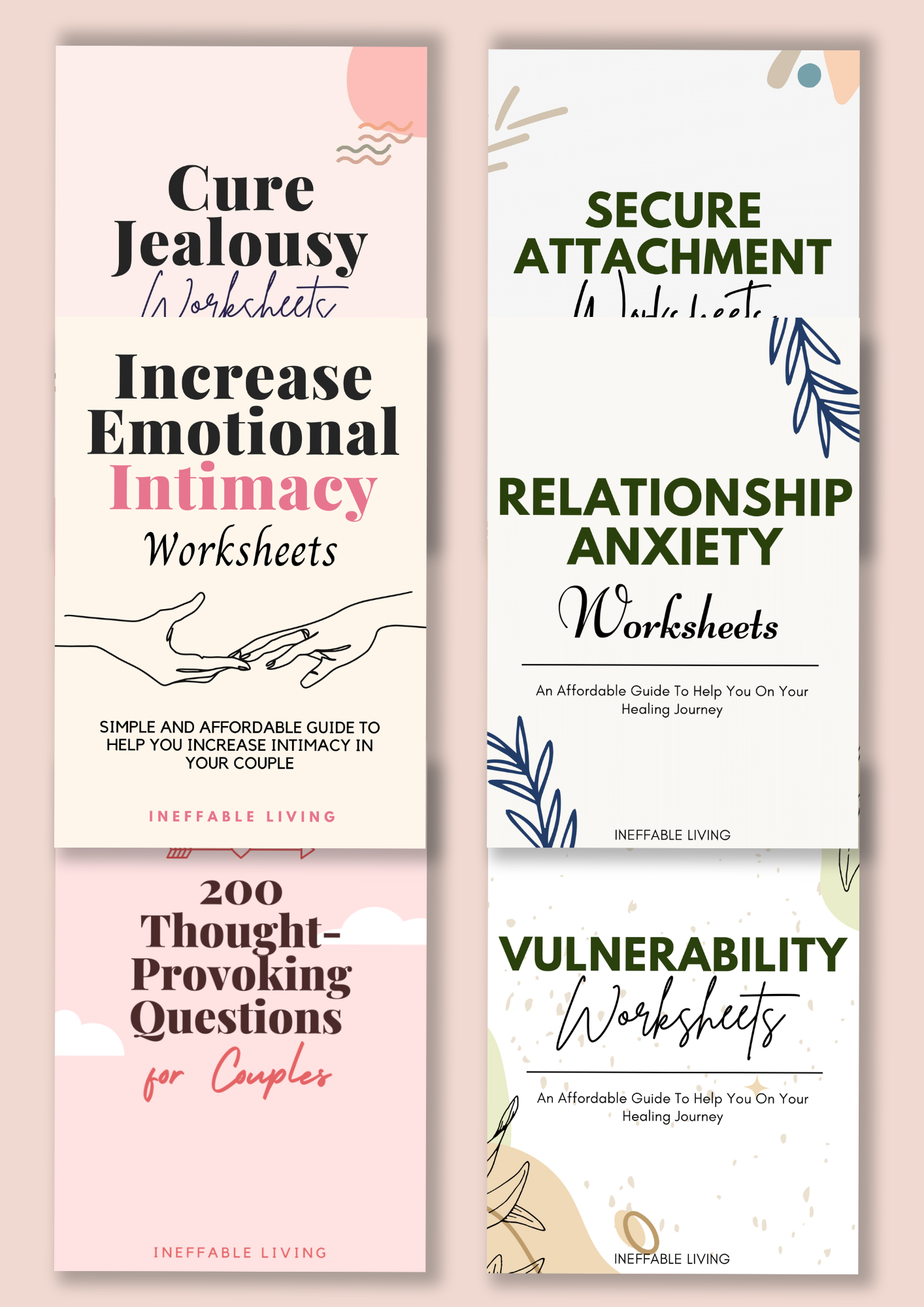1. Describe the specific situation or event that triggered your anger. What happened, and who was involved?
2. How did you physically experience your anger (e.g., tension, rapid heartbeat, clenched jaw, etc.)?
3. What thoughts or beliefs were running through your mind at the time you felt angry?
4. Reflect on any past experiences or memories that may have contributed to your emotional response in this situation.
5. Can you identify any patterns or recurring themes in situations that tend to provoke anger for you?
6. Consider the impact of your anger on your behavior and interactions with others. How did it influence your actions or communication?
7. Are there any underlying emotions or vulnerabilities beneath your anger (e.g., hurt, fear, frustration)?
8. Explore any potential triggers or sensitivities that may have amplified your anger in this situation.
9. Reflect on your coping mechanisms or strategies for managing anger. What has been effective for you in the past, and what hasn't?
10. Consider how you might express or release your anger in a healthy and productive manner. What outlets or activities help you process and manage your anger constructively?
11. Are there any recurring thought patterns or cognitive distortions that contribute to your experiences of anger?
12. How does the expression of anger align with your values and long-term goals for personal growth and well-being?
13. Reflect on any potential changes or boundaries you could implement to reduce the likelihood of encountering similar triggers in the future.
14. Consider the impact of unresolved or lingering anger on your mental and emotional well-being. How does it affect your overall mood and mindset?
15. Reflect on any lessons or insights you can gain from this experience of anger, and how you might apply them to future situations.
Anger Worksheets





